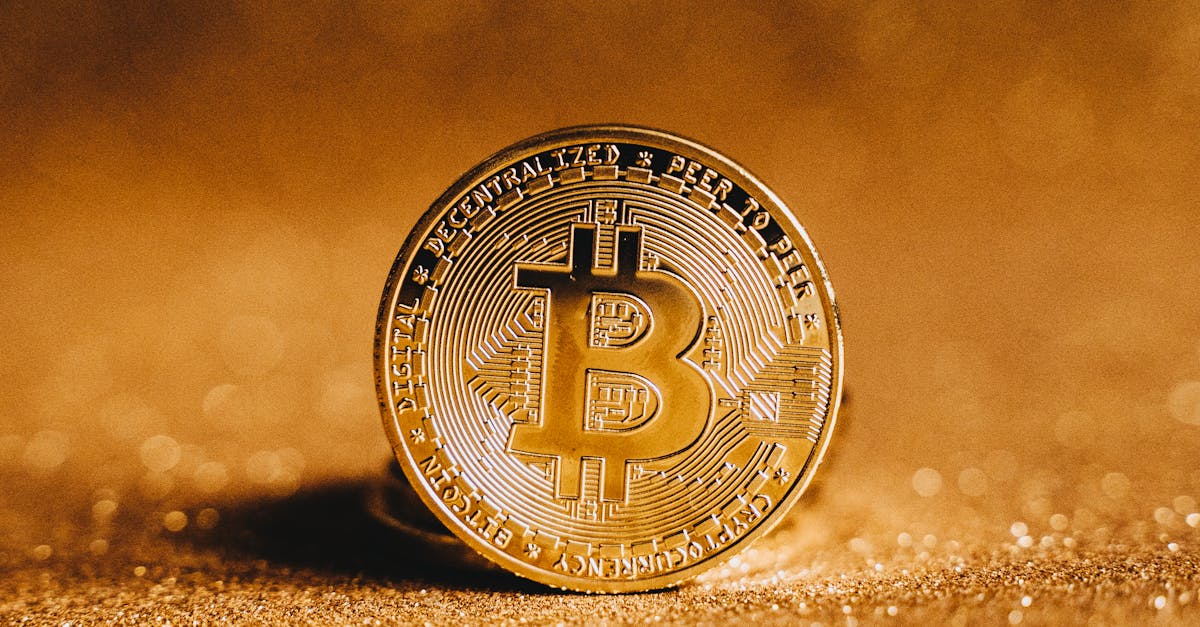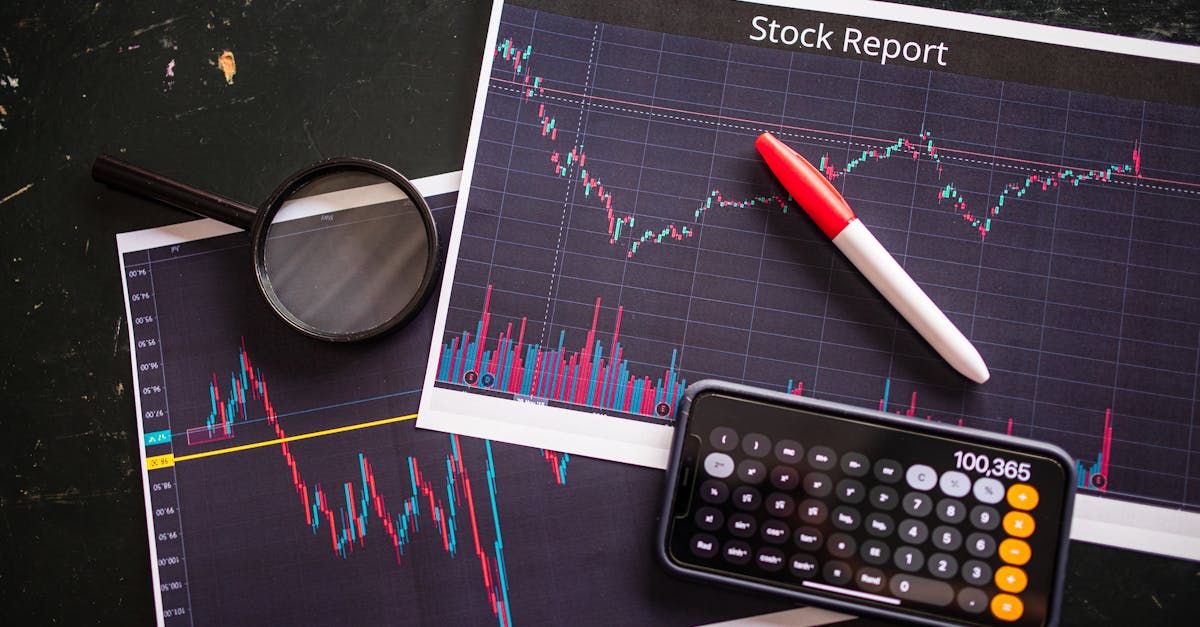Unveiling the Hidden Costs: A Deep Dive into Gold Futures Commission Fees

Gold Futures Contracts: A Beginner’s Guide to Commission Fees
Trading gold futures contracts can be a lucrative way to capitalize on the price fluctuations of gold. However, it’s important to be aware of the commission fees associated with this type of trading. These fees can eat into your profits, so it’s essential to understand how they work and how to minimize their impact.
In this article, we’ll provide a comprehensive overview of commission fees for gold futures contracts. We’ll explain what they are, how they’re calculated, and what factors can affect their pricing. We’ll also discuss different types of gold futures contracts and how to choose a broker that offers competitive commission fees.
Key Insights
- Commission fees are an important part of gold futures trading and can vary depending on the broker, the type of contract, and the market conditions.
- In addition to commission fees, you may also be charged exchange fees, clearing fees, and margin interest.
- It is important to factor all of these costs into your trading budget.
- By choosing a broker that offers competitive commission fees and reliable services, you can minimize the impact of these costs on your profits.
- Gold futures trading can be a lucrative way to profit from the price fluctuations of gold, but it is important to understand the risks and costs involved before you start trading.
1. Introduction to Gold Futures Contracts
Gold futures contracts are agreements to buy or sell a specific amount of gold at a predetermined price on a future date. They are traded on futures exchanges, such as the COMEX division of the New York Mercantile Exchange. Gold futures contracts are standardized, meaning that they have specific contract sizes and expiration dates.
The purpose of gold futures contracts is to allow investors to hedge against price risk or to speculate on the future price of gold. Hedgers use futures contracts to lock in a price for future delivery of gold, protecting themselves from adverse price movements. Speculators, on the other hand, use futures contracts to bet on the direction of gold prices, hoping to profit from price fluctuations.
Trading gold futures contracts involves opening a futures trading account with a broker. Once an account is opened, traders can place orders to buy or sell contracts. Futures contracts are traded in lots, with each lot representing a specific amount of gold. For example, a gold futures contract on COMEX represents 100 troy ounces of gold.
When a futures contract expires, the trader has the option to take delivery of the underlying gold or to offset the contract by entering into an opposite transaction. Most futures contracts are closed out before expiration through offsetting transactions.
2. Commission Fees for Gold Futures Contracts

Commission Fees for Gold Futures Contracts
When trading gold futures contracts, it’s important to be aware of the commission fees charged by brokers. These fees can eat into your profits, so it’s essential to understand how they work and how to minimize their impact.
Commission fees for gold futures contracts typically range from $1 to $2 per contract. However, some brokers may charge higher or lower fees depending on a number of factors, such as the size of your account, the number of contracts you trade, and the type of order you place. For example, some brokers may charge a higher commission for market orders, which are executed immediately, than for limit orders, which are executed at a specific price or better.
In addition to commission fees, you may also be charged other fees, such as exchange fees, clearing fees, and margin interest. Exchange fees are charged by the futures exchange where the contract is traded. Clearing fees are charged by the clearinghouse that guarantees the settlement of the contract. Margin interest is charged if you trade on margin, which means you borrow money from your broker to finance your trades.
3. Types of Gold Futures Contracts
There are two main types of gold futures contracts available: 100-ounce contracts and 50-ounce contracts.
100-Ounce Gold Futures Contracts
100-ounce gold futures contracts are the most commonly traded type of gold futures contract. Each contract represents 100 troy ounces of gold. 100-ounce gold futures contracts are traded on the COMEX division of the New York Mercantile Exchange.
50-Ounce Gold Futures Contracts
50-ounce gold futures contracts are a smaller version of the 100-ounce contracts. Each contract represents 50 troy ounces of gold. 50-ounce gold futures contracts are traded on the COMEX division of the New York Mercantile Exchange.
Both 100-ounce and 50-ounce gold futures contracts have a variety of expiration dates. The most common expiration dates are March, June, September, and December. However, other expiration dates may also be available depending on the futures exchange.
When choosing a gold futures contract to trade, it is important to consider the contract size and expiration date that best meets your needs.
100-Ounce Gold Futures Contracts
100-Ounce Gold Futures Contracts
100-ounce gold futures contracts are the most commonly traded type of gold futures contract. Each contract represents 100 troy ounces of gold, which is the standard unit of measurement for gold. 100-ounce gold futures contracts are traded on the COMEX division of the New York Mercantile Exchange.
100-ounce gold futures contracts are popular among a wide range of traders, from individual speculators to large institutional investors. The large contract size makes them suitable for traders who want to take on a significant amount of exposure to the gold market. 100-ounce gold futures contracts are also relatively liquid, meaning that there is a high volume of trading activity, which makes it easy to enter and exit positions.
100-ounce gold futures contracts have a variety of expiration dates, including March, June, September, and December. This allows traders to choose the contract that best meets their investment horizon. For example, a trader who wants to take a short-term position in gold might choose a contract that expires in the next few months. A trader who wants to take a longer-term position might choose a contract that expires in a year or more.
50-Ounce Gold Futures Contracts
50-Ounce Gold Futures Contracts
50-ounce gold futures contracts are a smaller version of the more commonly traded 100-ounce gold futures contracts. Each contract represents 50 troy ounces of gold, which is half the size of a 100-ounce contract. 50-ounce gold futures contracts are traded on the COMEX division of the New York Mercantile Exchange.
50-ounce gold futures contracts are ideal for smaller traders who want to gain exposure to the gold market without having to commit to a large contract size. They are also popular among traders who want to hedge their gold positions or to speculate on the price of gold over a shorter time horizon.
50-ounce gold futures contracts have a variety of expiration dates, including March, June, September, and December. This allows traders to choose the contract that best meets their investment horizon. For example, a trader who wants to take a short-term position in gold might choose a contract that expires in the next few months. A trader who wants to take a longer-term position might choose a contract that expires in a year or more.
4. Market Factors Affecting Commission Fees

Market Factors Affecting Commission Fees
The commission fees charged by brokers for gold futures contracts can be influenced by a number of market factors, including:
- Market volatility: When the gold market is volatile, brokers may charge higher commission fees to compensate for the increased risk. This is because volatile markets can lead to more frequent and larger price swings, which can make it more difficult for brokers to manage their risk.
- Competition among brokers: In a competitive market, brokers may offer lower commission fees to attract new clients and retain existing ones. This can lead to lower overall commission fees for traders.
- Broker’s business model: Some brokers charge higher commission fees to offset the cost of providing additional services, such as research and analysis. Other brokers may offer lower commission fees but charge for additional services on an a la carte basis.
It is important to be aware of the market factors that can affect commission fees so that you can choose a broker that offers the best value for your needs.
5. Choosing a Broker for Gold Futures Trading
When choosing a broker for gold futures trading, it is important to consider a number of factors, including commission fees, reliability, and customer service. Here are a few tips to help you choose the best broker for your needs:
- Compare commission fees: As we discussed earlier, commission fees can vary from broker to broker. It is important to compare the commission fees charged by different brokers before you open an account. Be sure to consider both the base commission fee and any additional fees, such as exchange fees, clearing fees, and margin interest.
- Check the broker’s reliability: It is important to choose a broker that is reliable and has a good reputation. You can check the broker’s reliability by reading online reviews and by checking the broker’s regulatory status. Make sure the broker is registered with a reputable regulatory agency, such as the National Futures Association (NFA) or the Commodity Futures Trading Commission (CFTC).
- Consider the broker’s customer service: Good customer service is essential, especially if you are new to gold futures trading. Make sure the broker offers a variety of customer support options, such as phone, email, and live chat. You should also make sure the broker has a knowledgeable and helpful customer support team.
6. Additional Costs Associated with Gold Futures Trading
Additional Costs Associated with Gold Futures Trading
In addition to commission fees, there are a number of other costs that traders should be aware of when trading gold futures contracts. These costs include:
- Exchange fees: Exchange fees are charged by the futures exchange where the contract is traded. These fees are typically a small percentage of the contract value and are used to cover the costs of operating the exchange.
- Clearing fees: Clearing fees are charged by the clearinghouse that guarantees the settlement of the contract. These fees are also typically a small percentage of the contract value and are used to cover the costs of clearing and settling the contract.
- Margin interest: Margin interest is charged if you trade on margin, which means you borrow money from your broker to finance your trades. Margin interest rates can vary depending on the broker and the amount of margin you are using.
It is important to factor these additional costs into your trading budget so that you can avoid any surprises down the road.
7. Conclusion
Conclusion
Commission fees and other costs are an important part of gold futures trading. By understanding these costs, you can make informed decisions about your trading strategy and avoid any surprises down the road.
Here are a few key points to remember:
- Commission fees can vary depending on the broker, the type of contract, and the market conditions.
- In addition to commission fees, you may also be charged exchange fees, clearing fees, and margin interest.
- It is important to factor all of these costs into your trading budget.
- By choosing a broker that offers competitive commission fees and reliable services, you can minimize the impact of these costs on your profits.
Gold futures trading can be a lucrative way to profit from the price fluctuations of gold. However, it is important to understand the risks and costs involved before you start trading. By doing your research and choosing a broker that is right for you, you can increase your chances of success.
What is the most common type of gold futures contract?
The most common type of gold futures contract is the 100-ounce contract, which represents 100 troy ounces of gold.
What are the different types of costs associated with gold futures trading?
The different types of costs associated with gold futures trading include commission fees, exchange fees, clearing fees, and margin interest.
How can I choose a broker that offers competitive commission fees?
You can choose a broker that offers competitive commission fees by comparing the fees charged by different brokers and by considering the broker’s reliability and customer service.
What is margin interest?
Margin interest is the interest charged on money borrowed from your broker to finance your trades.
Key Insights Table
| Insight | Description | |—|—| | Commission fees | Commission fees are an important part of gold futures trading and can vary depending on the broker, the type of contract, and the market conditions. | | Additional costs | In addition to commission fees, you may also be charged exchange fees, clearing fees, and margin interest. | | Budgeting for costs | It is important to factor all of these costs into your trading budget. | | Choosing a broker | By choosing a broker that offers competitive commission fees and reliable services, you can minimize the impact of these costs on your profits. | | Gold futures trading | Gold futures trading can be a lucrative way to profit from the price fluctuations of gold, but it is important to understand the risks and costs involved before you start trading. |